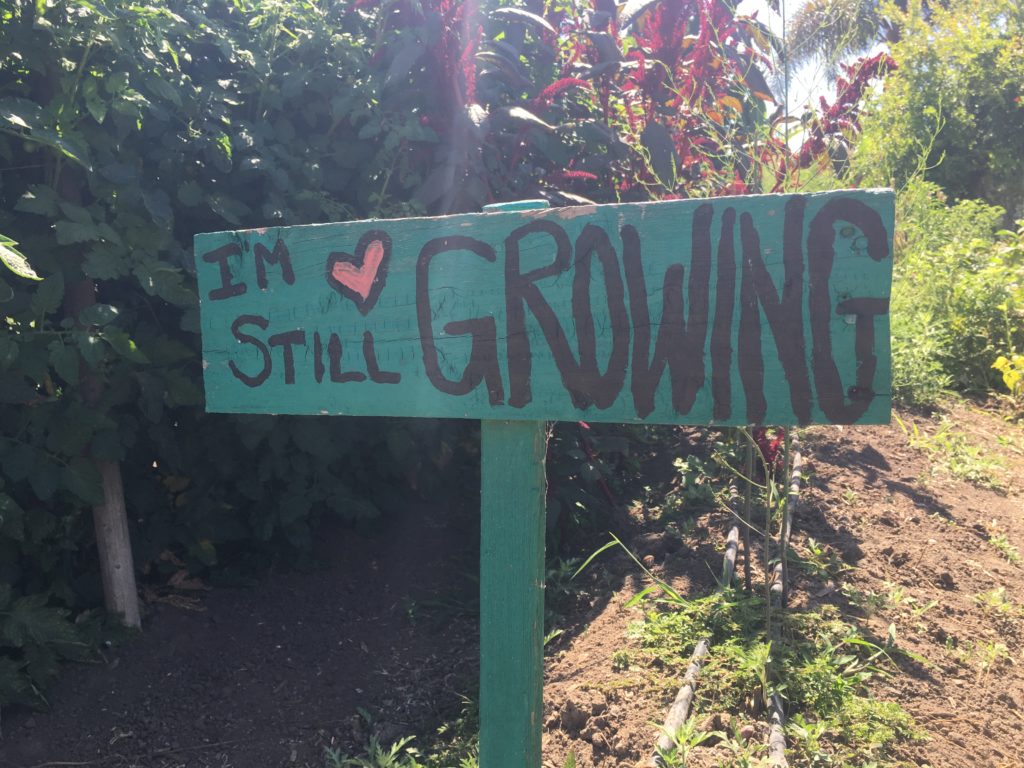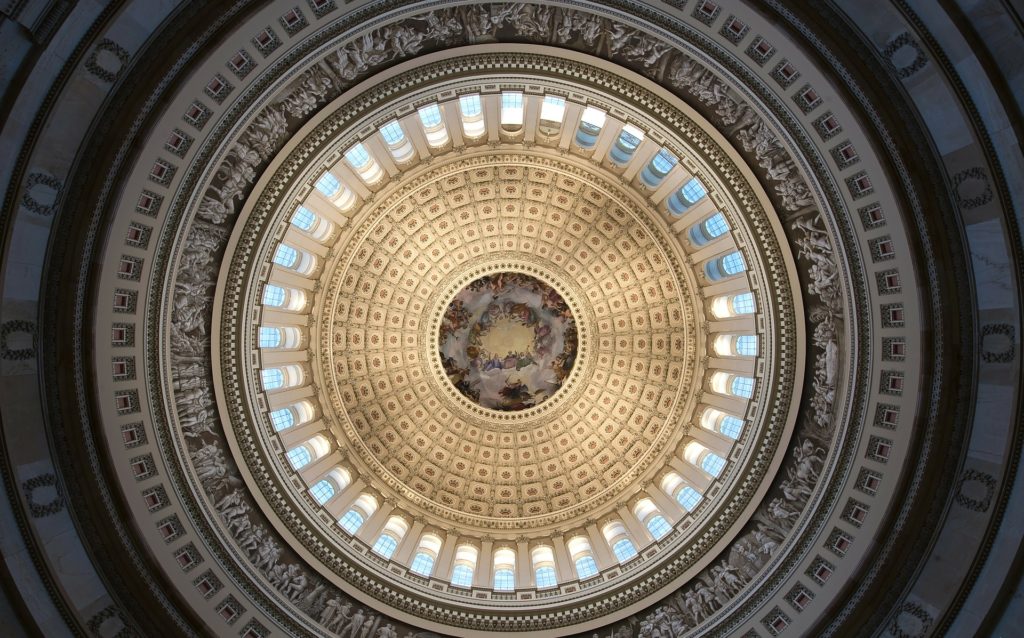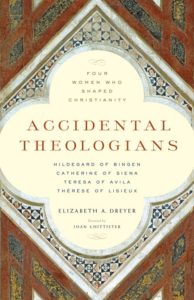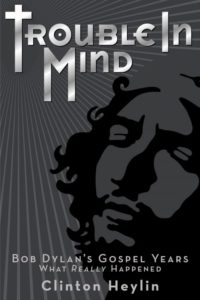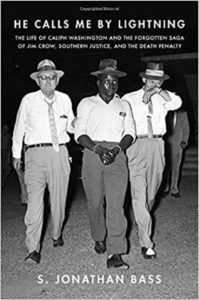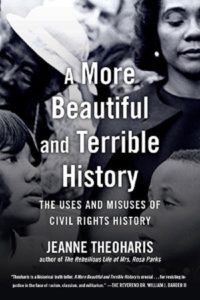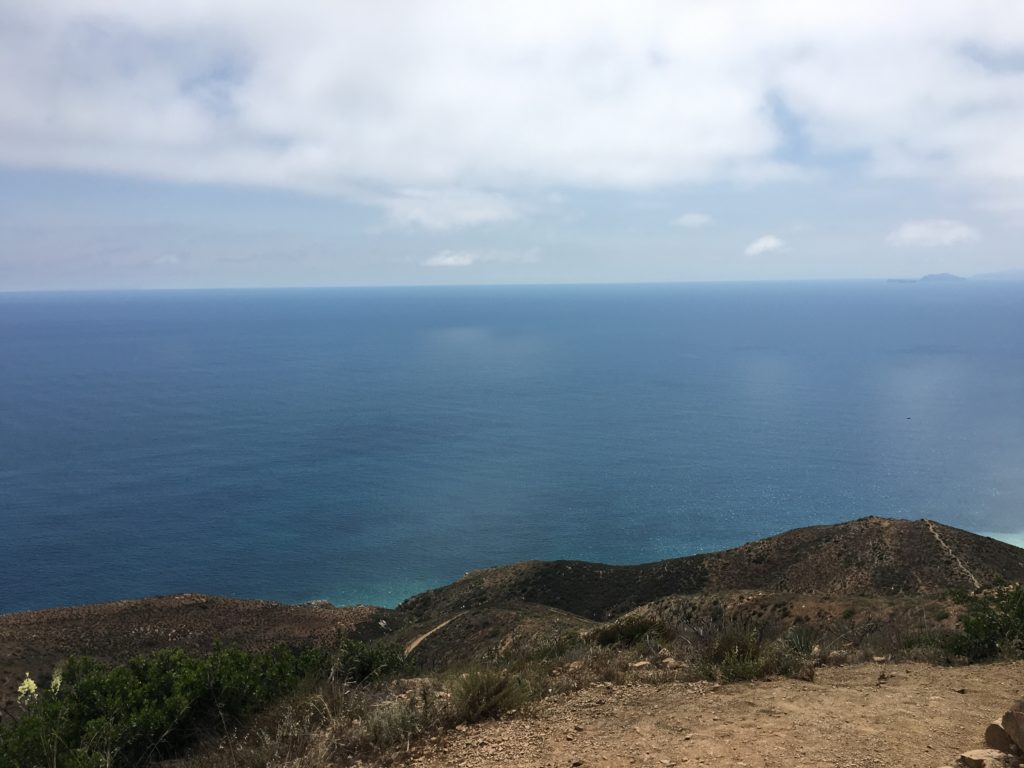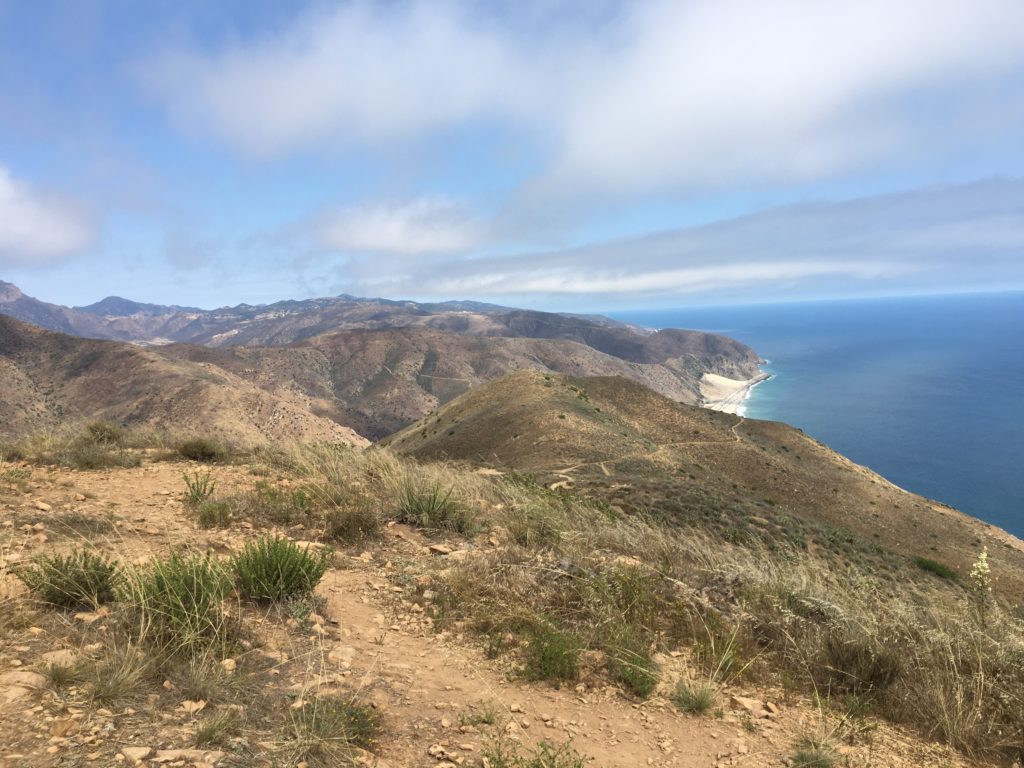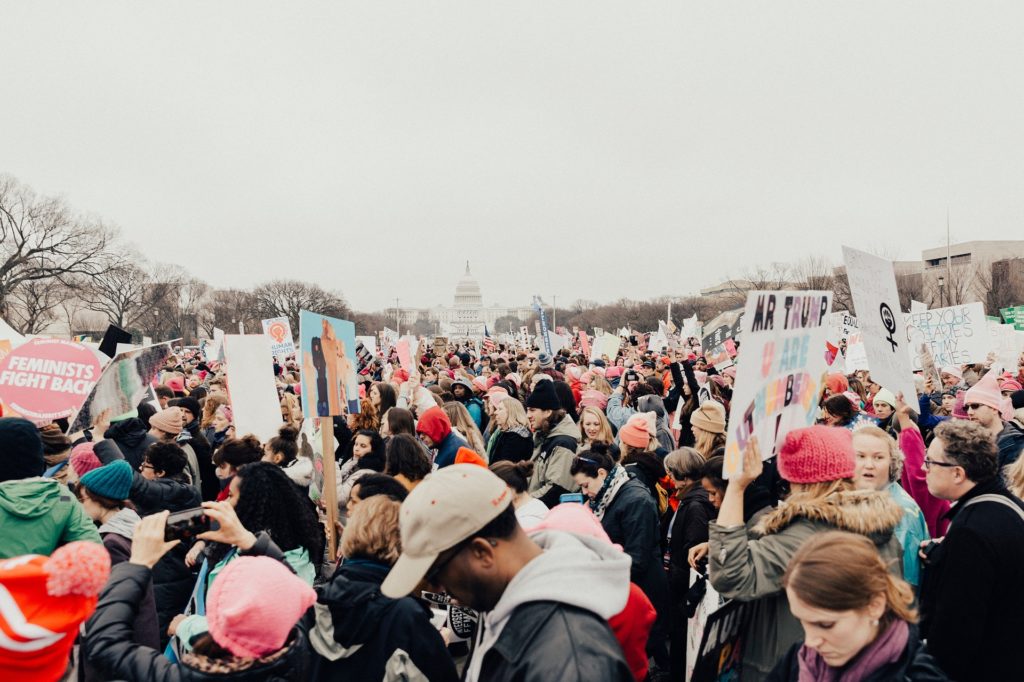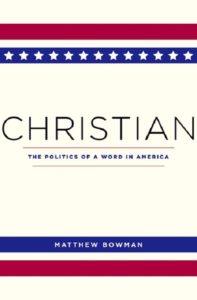* Names have been changed for privacy purposes.
Throughout my writing, I have reflected extensively about the insights gleaned from my time spent in the fields. However, my experience as a worker at The Abundant Table (TAT) has been far more dynamic and multifaceted than I can adequately convey. One of the most challenging and rewarding pieces of my internship was creating a summer camp for children of farmworkers in the community. The connections and trust TAT has established throughout the farmworker communities is undoubtedly a testament to the organization’s prophetic witness. I was thrilled—and daunted—by the prospect of facilitating a summer camp experience with the hope of uplifting and celebrating this particular population, especially given the immense persecution farmworkers and their families are facing in the current moment. Needless to say, all of the pieces surrounding camp—from laying the groundwork to experiencing its fruition—were ripe with teachable moments and unexpected insights about myself, others, and faith. One such moment occurred during the first day of camp as the children and I crowded around picnic tables for lunch beneath an enormous tree in the center of the garden.
It was sticky outside. The atmosphere was uncharacteristically humid and the conditions were only aggravated by the strawberry jam adhering to my palms. I had just finished preparing fifteen PB&J sandwiches along with freshly squeezed lemonade. Between the lunch items and the remnants of the morning’s painting activity which lingered on forearms and fingers, I think we had all resigned ourselves to the stickiness. As I settled into the wooden bench of the picnic table, one of the older boys named Ismeal asked me if I’d heard the story about his abuelo.
I asked him, “What story?”
“The story,” He responded with wriggling eyebrows telegraphing some secret meaning.
The other children’s chatter quieted, suddenly interested in Ismeal’s words. Most of the children who attended the camp were cousins, and if they were not cousins by blood, they were cousins in the closeness between their families. Thus, this abuelo was something of a larger-than-life figure all the children knew and admired. They urged Ismeal to tell the story with excitement and anticipation that made me wonder how many times they had played out this scene. Ismeal waited for the group’s full attention and started recounting how his grandfather was wrongfully imprisoned by the authorities when he was recently detained. Abuelo was a man of God, Ismeal provided, and during his detainment he had prayed fiercely. Suddenly, Abuelo realized his cell door was unlocked. Tentatively, he walked out of his cell, all the way out of the detainment center, and into the horizon. Ismeal described the tale with a myriad of stray details, like how the security cameras had miraculously malfunctioned during his abuelo’s escape. The other children chimed in, supplementing information Ismeal had neglected and demonstrating their own familiarity with the story.
As I contemplated the story in an astonished silence, skepticism arose like a powerful knee-jerk. I wanted to ask all sorts of questions or to dismiss the story entirely, even as I outwardly nodded my head and offered a neutral, “Wow.” Meanwhile, my inner critic persisted, “They’re only children. I’m sure that’s not how it went.” I was shocked at my own unwillingness to believe in such an unexplainable event. I was more comfortable deferring to my unimaginative, adult cynicism—perhaps the “hardness of heart” described in the scriptures. However, I thought about the photos I’d seen of small children locked behind chain-link fences in immigration detention centers or the report I’d recently heard about a woman who extorted nearly one million dollars from countless undocumented families with false promises of visas and green cards. Were these stories not also unbelievable, astonishing, and yet totally real?
My gaze met a family of eyes that waited patiently for a reaction. I told them I’d heard a similar story once in the Bible and asked the children if it was familiar to them. When they told me no, they’d never heard such a story, I pulled up the text from Acts 16 and read aloud the story of Paul and Silas sitting in jail. The text describes how the men were praying and singing hymns to God when “Suddenly there was an earthquake, so violent that the foundations of the prison were shaken. Immediately all the doors were opened and everyone’s chains were unfastened.” The account recorded in Acts is, like many stories in the Bible, utterly baffling and outlandish. It’s also beautiful, dramatic, and positively profound. It’s funny how I can affirm such an event found in scripture but dismiss the remarkably similar story told by Ismeal. Perhaps because Ismeal’s story unsettles so many of my assumptions about the world I know–its operations and governing rules.
I recall a sermon I once heard on the Acts 16 passage, written and delivered by Nadia Bolz-Weber. She underscores Paul and Silas’ singing and prayers, offering the reminder that, “Just because we don’t get to decide the effect prayer has in the world does not mean that prayer has no effect in the world.” If I truly believed this, I think I’d pray more. In this world of heartbreak, it’s all too easy to forfeit that practice of prayer, to discontinue hoping for things not seen. To allow the heart, the mind, and the spirit to become calloused and hard. However, Pastor Bolz-Weber also highlights the way in which “All the doors were open and everyone’s chains were unfastened.” Paul’s and Silas’ faith was enough to free not only themselves, but others. She says,
So many of us have felt tortured by not knowing if we have enough faith or the right kind of faith. I’ve said this before, but perhaps it bears repeating: faith is never given in sufficient quantities to individuals…it’s given in sufficient quantities to communities. Because this thing isn’t an individual competition, it’s a team sport. God has provided in us all the faith sufficient for our freedom.
Even if my own faith is lacking such that I cannot believe Ismeal’s story by my own sheer will. Even if I am liable to become disheartened and hopeless when facing the grave conditions of our communities, the perversion of our justice systems, and the commodification of the land and people—perhaps the faith of these little children is enough to unfasten my chains and, in the process, set me free.
